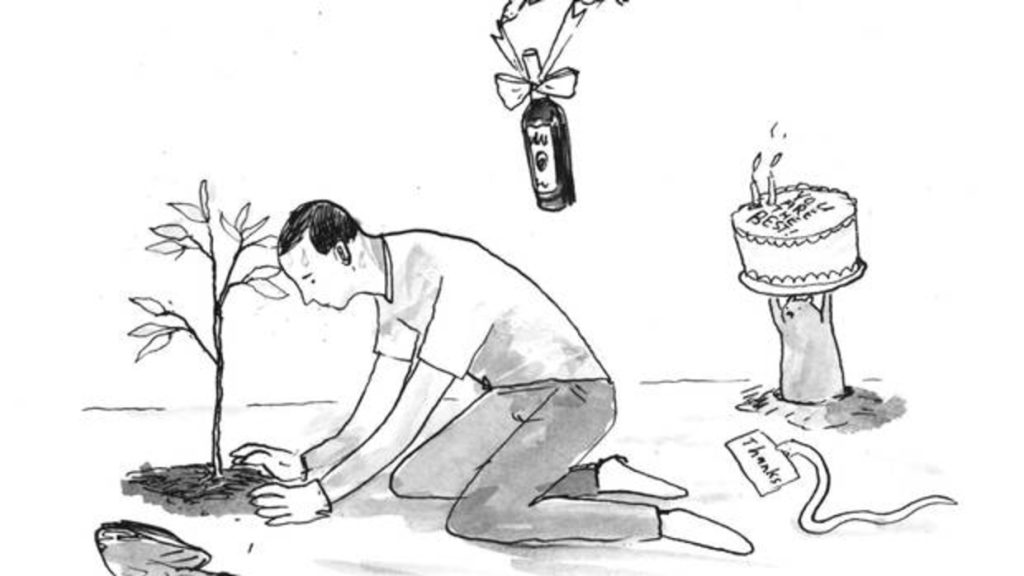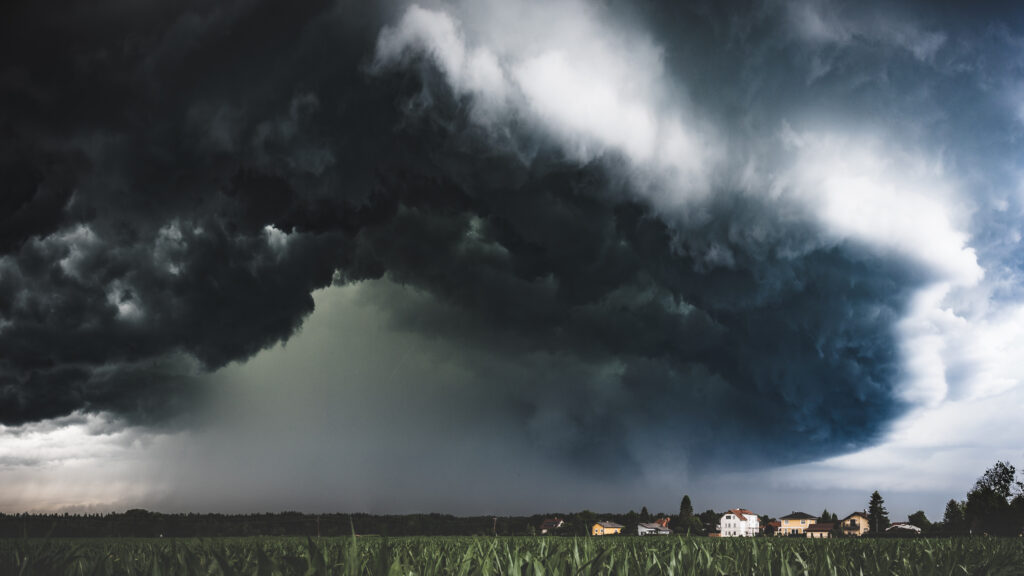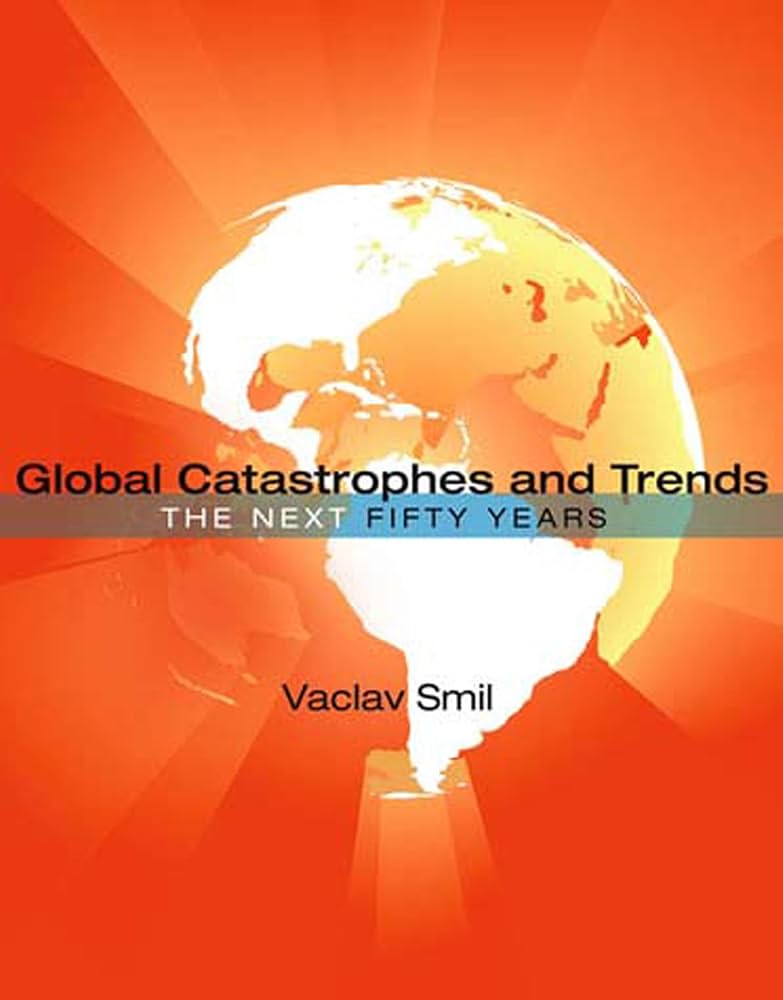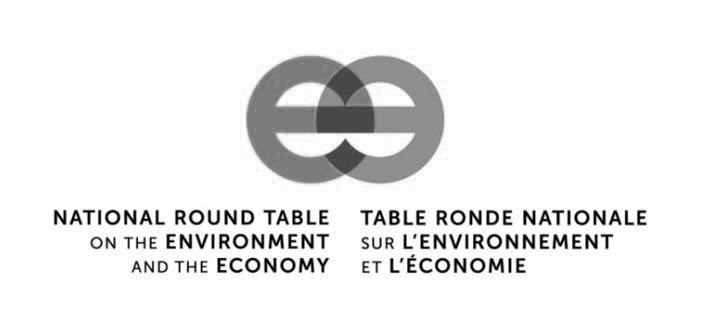The Enticements of Green Carrots
We Canadians like to think we are green, but when it comes to protecting the environment, we are among the world’s worst actors. Whether the metric is carbon output per capita, toxic waste emissions or protection of endangered species, Canada regularly ranks near the bottom of the list of similarly wealthy countries.
If our economy’s incentives start pulling in the same direction as our ethical impulses, Canadians can do better. At present, they are pulling in opposite directions.








